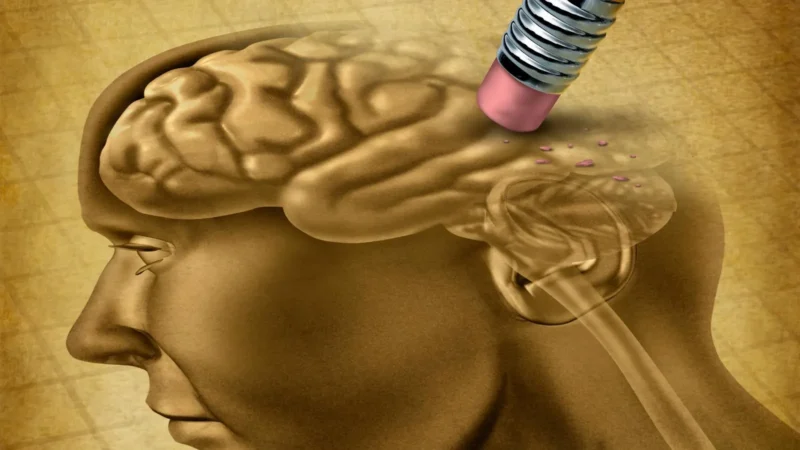Alois Alzheimer, a German psychiatrist and neurologist who died on December 19th, 1915, could not have imagined that his name would become so famous from the second half of the 20th century to the present day. When his surname erased the diagnosis of senile dementia and became the leading cause of dementia in the elderly.
Dr. Alzheimer presented at a meeting of psychiatrists the peculiar findings he had found in the cerebral cortex of a patient who had been admitted to the Frankfurt mental asylum in 1901. This woman, after presenting a florid picture of dementia with symptoms of progressive mental deterioration, jealousy, and behavioral disorders, died on April 8th, 1906, at just 54 years of age.
Emil Kraepelin, another eminent German psychiatrist, considered the founder of modern scientific psychiatry, named this condition Alzheimer’s disease, as we know it today, in a book published in 1910. Dr. Kraepelin thus acknowledged his colleague’s discoveries.
Alzheimer’s disease is the most common cause of dementia. It is a biological process that begins with the appearance of a buildup of proteins in the brain in the form of amyloid plaques and neurofibrillary tangles. This causes brain neurons to die over time and the brain to “shrink.”
The first symptoms are forgetting recent events or conversations. Over time, the disease leads to severe memory loss and affects the person’s ability to perform everyday tasks. It is a neurodegenerative disorder, usually slow and insidious in onset, irreversible.
In addition to memory loss, it is characterized by progressive cognitive and functional decline, motor impairments, judgment, reasoning, and communication skills. As well as the appearance of mood swings, psychotic and behavioral changes, with notable impairments in social and occupational functioning.
People with Alzheimer’s disease may experience the following:
- Repeating statements and questions over and over again.
- Forgetting conversations, medical appointments, or events.
- Misplacing items, often putting them in places where it doesn’t make sense to do so.
- Getting lost in places they used to know well.
- Forgetting the names of family members and everyday objects.
- Having trouble finding the right words, expressing thoughts, or holding conversations.
Personality and Behavior Changes
The changes that the disease causes in the brain often affect mood and behavior. Symptoms may include the following: depression, loss of interest in activities, social isolation, mood swings, lack of trust in others, anger or aggression, changes in sleep habits, disorientation, disinhibition, delusional ideas (such as believing something has been stolen, when it hasn’t).
Risk factors for developing dementia
Regarding risk factors, a lower level of education in childhood, hearing loss, hypertension, obesity, smoking, diabetes, depression, physical inactivity, social isolation, environmental pollution, and vision loss have been identified as the most significant.
Up to 35 percent of dementia cases can be prevented simply by increasing education about risk factors from an early age. It is clear that eliminating or reducing these factors would significantly reduce the onset of the disease.
Regarding the clinical signs of dementia, the cardinal ones have been precisely identified, which should be observed and considered when assessing the risk of this disease.

Ten signs to consider when evaluating a diagnosis of Alzheimer’s disease
- Memory loss in activities of daily living.
- Difficulty performing familiar activities.
- Language problems (such as changing words or forgetting them).
- Disorientation in time and space.
- Changes in practical judgment (such as clothing that is not appropriate for the temperature).
- Problems with abstract thinking.
- Putting things in strange places or arranging them incorrectly.
- Changes in mood and behavior.
- Personality changes.
- Loss of initiative.
While there is still no effective treatment to treat or delay Alzheimer’s disease, some research sheds light on hope, but at this time, Alzheimer’s disease has no cure.
Translated by Aliani Rojas Fernandez
- A Guide to Improving Our Mental Health - 16 de January de 2026
- How to Make Your New Year’s List - 5 de January de 2026
- Artificial Intelligence: The Challenge of Continuing to Think - 25 de December de 2025

